Not Synthpop, but one of the separated singles featured on the aforementioned Euromix series; Volume 6 in 1995. I remember someone mentioning how the mixes meant a lot to her, as this was the music we not only grew up on, but the memories involved as well. For me, Euromix 6 was during my Senior year of high school. They were good times, and this song brings me back.
Return to Innocence is more from the New Age genre, an uplifting song with some pretty deep lyrics. Behind the masterful production was Michael Cretu, who according to Wikipedia, changed Enigma’s direction from Gregorian chants to tribal chants in the album The Cross of Changes. He also produced work for Hubert Kah and Peter Schilling, two artists I featured on Halo-Halo Vol.1 and Halo-Halo Vol.2, respectively. Some interesting and good notes from Wikipedia:
The song’s main vocals are provided by Angel X (Andreas Harde), while an Amis chant is repeated. The chant was sampled from the “Jubilant Drinking Song” without the singers’ permission. Kuo Ying-nan (born Difang Duana) (郭英男) and Kuo Hsiu-chu (郭秀珠), both Amis, were in a cultural exchange program in Parisin 1988 when their performance of the song was recorded by the Maison des Cultures du Monde and later distributed on CD. The producer of Enigma, Michael Cretu, later obtained the CD and proceeded to sample it. In addition, the drum beat of the song was sampled from the Led Zeppelin song “When the Levee Breaks.”
The song was used to promote several types of media in the mid-1990s, including film and TV commercials. In fall 1994, the song was featured in an episode of the TV show My So-Called Life. In 1995, the song was used as the closing theme in Disney’s live-action film Man of the House, as well as in the opening and closing of an Outer Limits episode. In 1996, the song was further popularized when it was used in a television advertisement to promote the 1996 Summer Olympics.
Julien Temple directed the video, which depicts a man’s life in reverse, starting with him dying and ending with his birth.
So apparently, the main melody is derived from a Taiwanese folk song? I had to ask a good Taiwanese friend. She confirmed but didn’t know of a translation.
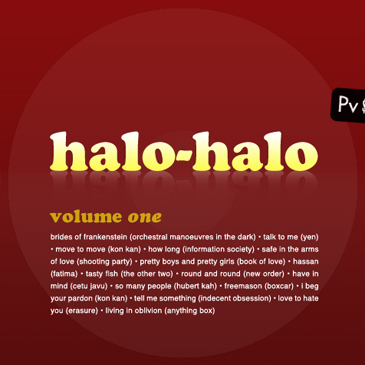
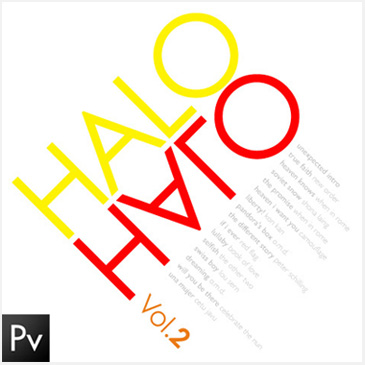
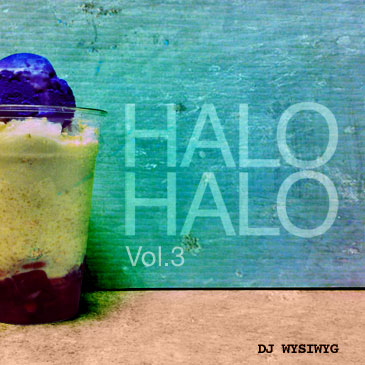
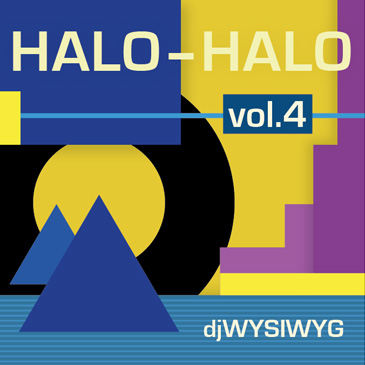

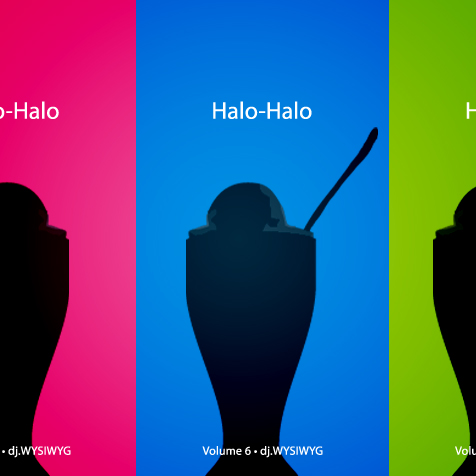
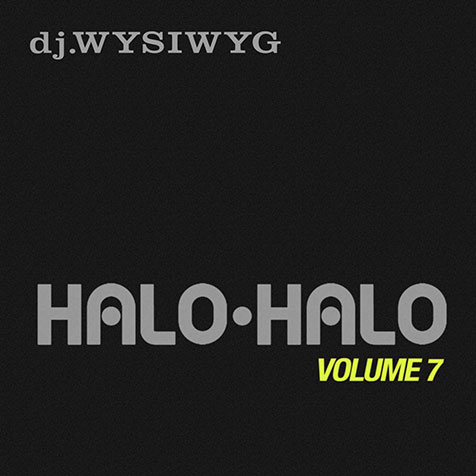
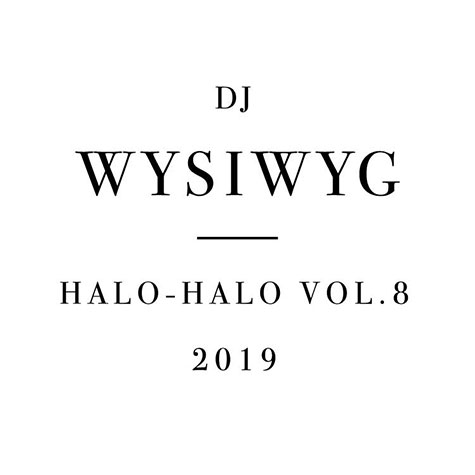
Comments
There are no comments for this post.
Write a Comment